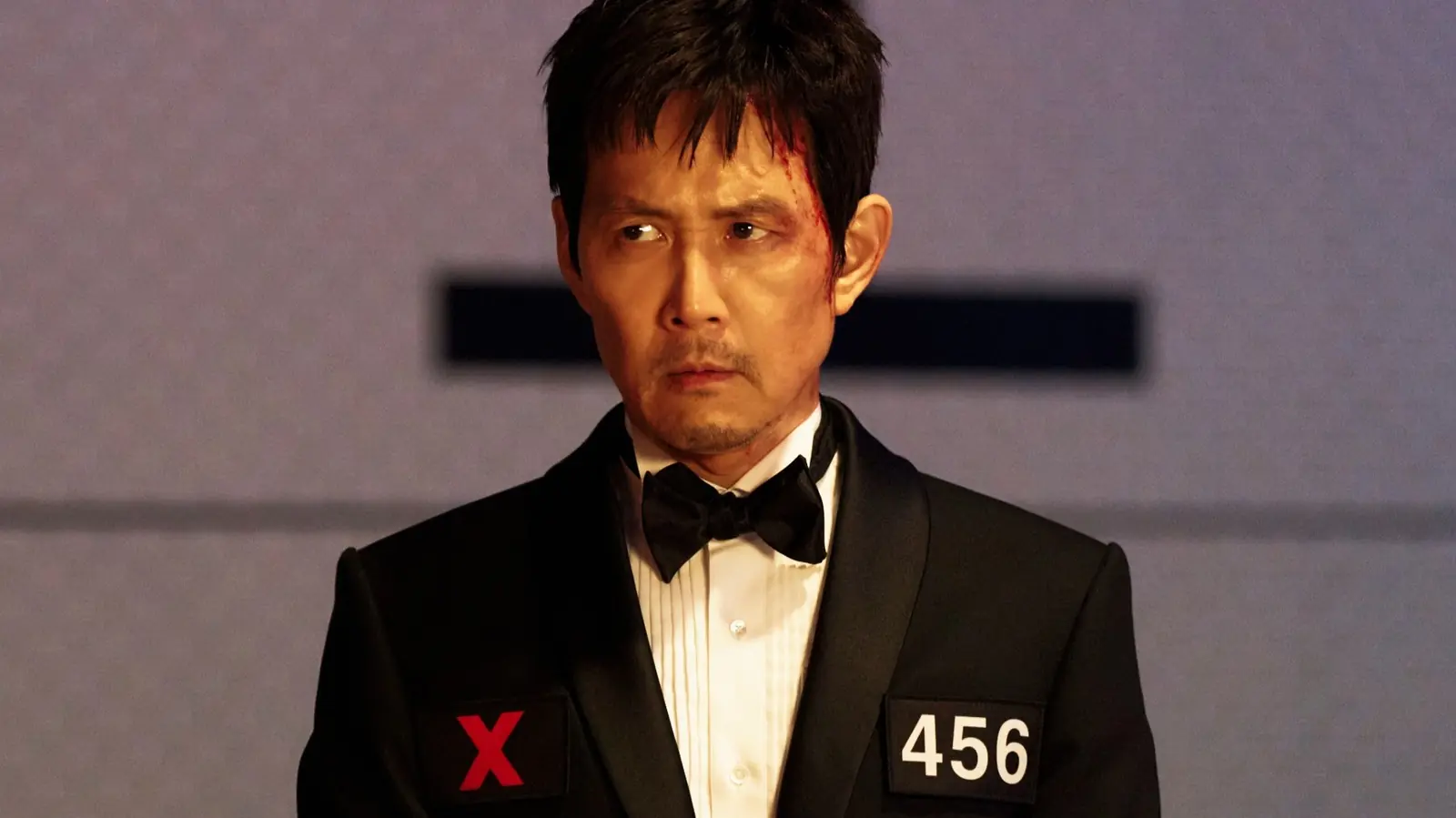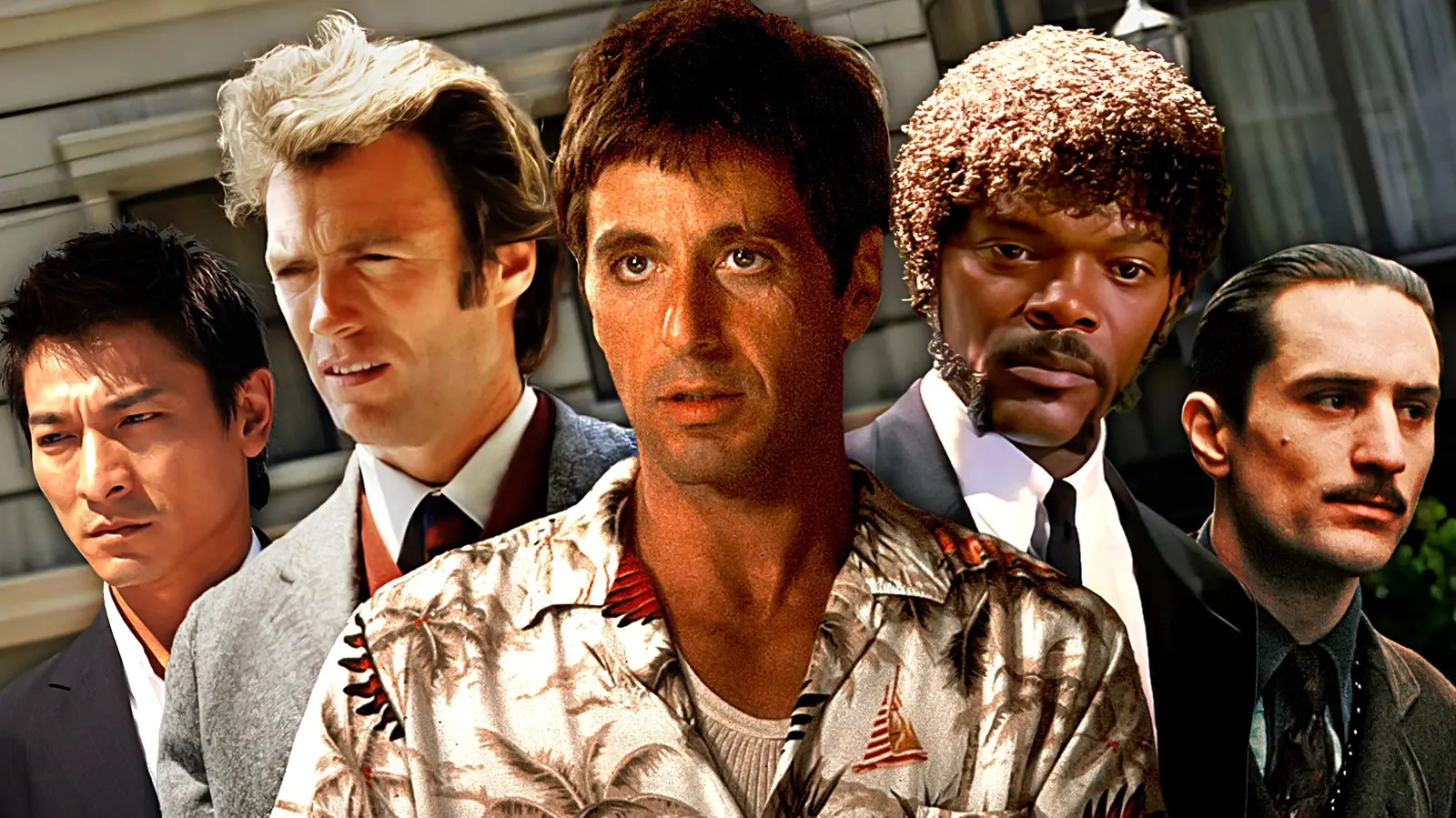“Squid Game,” the Netflix sensation that captured the hearts and minds of audiences worldwide, has finally reached its conclusion with the release of Season 3. The series, known for its intense drama, razor-sharp social commentary, and relentless suspense, ultimately circles back to a question that echoes through each harrowing episode: Is life itself a rigged game?
As viewers tuned in for the much-anticipated finale, they were treated to a spectacle that was as emotionally charged as it was thought-provoking. The final season dives deeper into the psyche of its characters, revealing their vulnerabilities and exploring their motivations in greater detail. Yet, as the series draws to a close, it becomes strikingly clear that “Squid Game” offers no easy resolutions or happy endings—only a mirror to reality, where the game of life is just as unforgiving and unpredictable.
The story culminates in a series of events that resonate deeply with the thematic elements introduced from the very beginning of the show. Throughout the series, players are thrown into games designed not only to entertain a wealthy elite but also to expose human nature’s darkest facets. With its final chapter, “Squid Game” successfully wraps up the narrative, ensuring that the legacy it leaves behind remains as captivatingly complex as its journey.
The third season opens with Seong Gi-hun, the resolute protagonist whose life experiences have shaped much of the viewer’s journey. Gi-hun has come a long way since initially entering the games, driven by desperation and hope to overturn his fortunes. This season portrays his ongoing internal struggle as he grapples with emotions of survivor’s guilt, the moral entanglements of his past actions, and the overwhelming burden of choice.
Throughout the final episodes, Gi-hun is faced with the reality that his survival was not by sheer luck but part of an orchestrated outcome. The creators of the game reveal more about their motives and the intricate tapestry that connects each participant, showing that even those who seem in control are themselves pawns in a larger scheme. This unraveling of perceived power structures adds layers of irony and poignancy to the notion that in this harsh universe, no one is truly free.
In a particularly compelling discourse on morality, Gi-hun finds himself in philosophical debates with his former allies and adversaries. Here, “Squid Game” takes the opportunity to delve into ethical dilemmas, questioning the nature of humanity when pitted against moral quandaries imposed by extreme conditions. This not only serves to deepen character development but also allows the audience to reflect on their preconceptions of right and wrong.
The players who survive up until the final stages of the game are confronted with new challenges that test their mental fortitude in unexpected ways. The game designers push boundaries further than before, introducing scenarios that are less about physical endurance and more about psychological manipulation. This evolution highlights the show’s central theme: the relentless pursuit of survival often strips away the very essence of humanity.
As the climax approaches, alliances falter under the pressure of treachery, and bonds forged through friendship or necessity are stretched to their breaking points. The gripping tension escalates to a point where viewers are left on the edge of their seats, questioning who, if anyone, will emerge as the true victor—or if the concept of victory even holds meaning in such an orchestrated nightmare.
By the end of the season, Gi-hun finds himself facing a choice that encapsulates the series’ core message. He stands on a precipice, with the possibility of exposing the games and their creators to the world. Yet doing so comes with grave consequences, not only for himself but for those he has come to care about. This decision serves as a poignant reflection on the complexities of wielding power and the responsibility that accompanies altering systemic injustices.
The finale leaves audiences with a haunting yet fitting conclusion—rather than tying up loose ends neatly, it opts to leave several questions unanswered, crafting a deliberately ambiguous endpoint. In this way, “Squid Game” continues to perturb and provoke thought long after the credits have rolled.
By delivering a startlingly realistic portrayal of society’s vices embedded within the guise of a thriller, “Squid Game” Season 3 confirms its place in the cultural zeitgeist. It is a tale not only of survival but of the inherent flaws within human constructs that are often masked as progress. While the games have ended, the reflections it invites on human nature and societal structures endure.
As fans bid farewell to this remarkable saga, they take with them not only the echoes of high-stakes drama but also a deeper understanding of life’s unpredictable, complex design. In the end, “Squid Game” weaves a narrative tapestry with a final message that speaks volumes about the human condition: the game may be rigged, but it is in acknowledging our place within it that we find our true selves.






